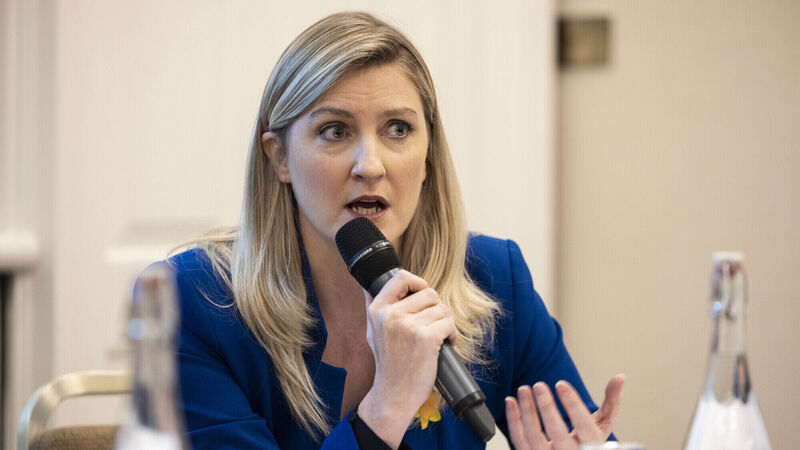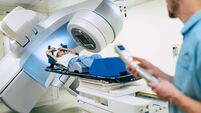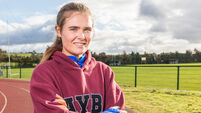Cancer charities describe unequal access to services as 'horrifying'

Averil Power: Picture: Shane O'Neill, Coalesce.
A stark report into unequal access to cancer treatment is a “horrifying” glimpse of challenges lower-income people can face, the Irish Cancer Society has said.
The review of access to screening, hospitals, and after-care found that, despite overall improvements, serious barriers still exist for vulnerable groups. These include people on low incomes, especially those with children, members of the Traveller and Roma communities, and homeless people.













